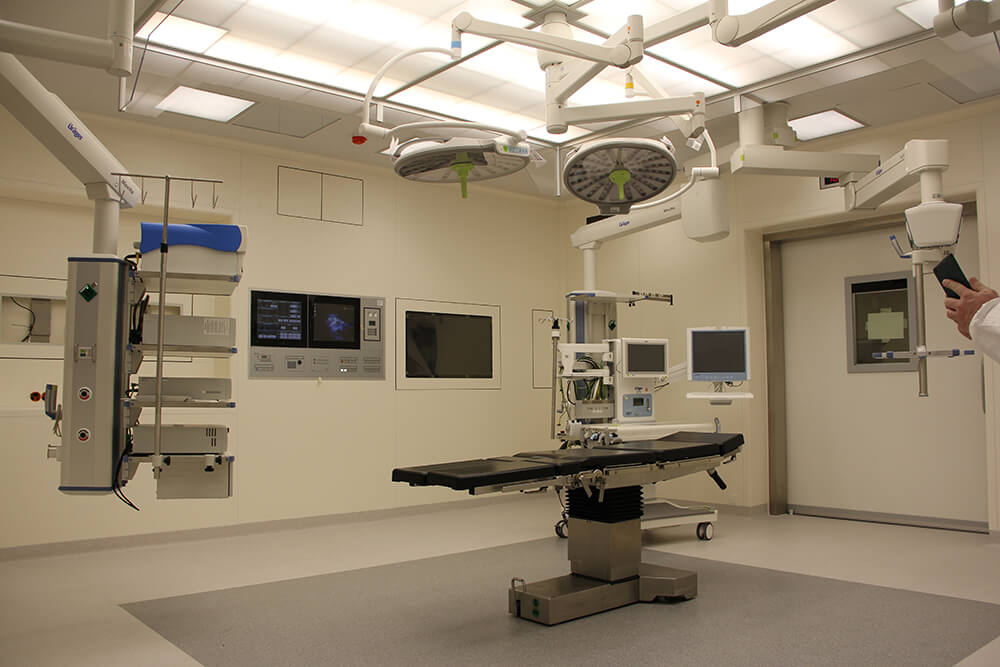
Undergoing a surgery of any kind is bound to be stressful, but if everything goes as planned you’ll recover and be able to return to your everyday tasks. Unfortunately, recovery is often upended when surgeons act negligently. One of the more common acts of negligence we see involves surgical instruments getting left inside patients. When this happens, it’s possible additional procedures will be needed to remove the equipment, which can significantly lengthen the recovery process and increase medical bills.
According to the National Center for Biotechnology Information (NCBI), retained surgical bodies after a procedure is an issue for surgeons and hospitals. They estimate surgical instruments get left inside patients between 0.3 to 1.0 per 1,000 abdominal operations. With that figure in mind, it’s estimated with the 28 million operations performed nationwide on an annual basis, that there are 1,500 instances of retained surgical instruments. Instruments are most often left behind in the abdomen, retroperitoneum, and pelvis.
If you’ve undergone a surgery where an instrument was left inside your body, it’s important to seek legal advice. Depending on the circumstances surrounding the incident, you may have grounds to file a medical malpractice claim. The lawyers at Golden Law Office can help you determine how to proceed.
Why Surgical Instruments Get Left Behind
Depending on the procedure, a surgeon could use over 250 different surgical instruments and tools during a single operation. If the surgeon or surgical technician responsible for keeping record of the tools isn’t paying attention, it’s easy to lose track of equipment.
Some of the most common objects left inside patients’ bodies include sponges, scalpels, scissors, drain tips, needles, clamps, forceps, scopes, surgical masks and gloves, tubes, and measuring devices. Sponges, in particular, are hard to keep track of because they are used to soak up blood during surgery. As such, they tend to blend in with the patient’s organs and tissues once they’re used.
Human error is the number one reason surgical instruments are left inside patients after procedures. Incorrect counts may be the result of fatigue, improper management systems, or inexperience with surgical emergencies. In addition to human error, there are numerous factors that increase the chances of equipment being left behind. Those risk factors include multiple surgeries being needed, procedures involving more than one surgical team, surgeries involving a significant amount of blood loss, and if the patient’s body mass index is high.
When you work with an attorney, they’ll consult medical experts to determine why a surgical instrument was left inside you after a procedure. Determining the cause is a major part of achieving a successful claim result.
The Consequences of Left-Behind Surgical Tools
The consequences, pain, and procedures associated with retained surgical implements vary greatly depending on what was left behind. In some instances, patients could go months or years before realizing they have a foreign surgical object in their body. With other objects though, infection, severe pain, internal organ damage, digestive problems, fever, swelling, and obstructions are possible. The patient could have to go through additional, risky procedures to correct the doctor’s mistake. If that happens, their recovery will likely take longer—which could result in financial trouble. In the worst cases, a foreign object left inside the body could result in death.
In order to avoid those consequences, it’s imperative for surgical teams to do everything possible to refrain from leaving tools inside patients. This could involve using sponge-tracking technology—where the sponges are bar-coded and scanned when they’re used. There’s also technology involving radio-frequency that can tag sponges, towels, and other objects through X-rays if they’re still inside the patient before closing up. Overall, surgical teams need to make sure they’re keeping track of what they’re using and that everything is accounted for when the surgery is over.
Get Help from Golden Law Office
If you’ve been injured by a negligent physician, filing a personal injury claim may be the only way to ensure you have access to the compensation you need to recover as fully as possible. When you work with an attorney, you could have access to a monetary award for your medical expenses, lost wages, pain and suffering, and more.
Filing a claim takes time, and med mal cases are among the most complex. The sooner you file your claim, the better your chances are of receiving full and fair compensation. Schedule a free consultation with us today. We’ll begin by reviewing what you’ve been through and determining if you have grounds to take legal action.






